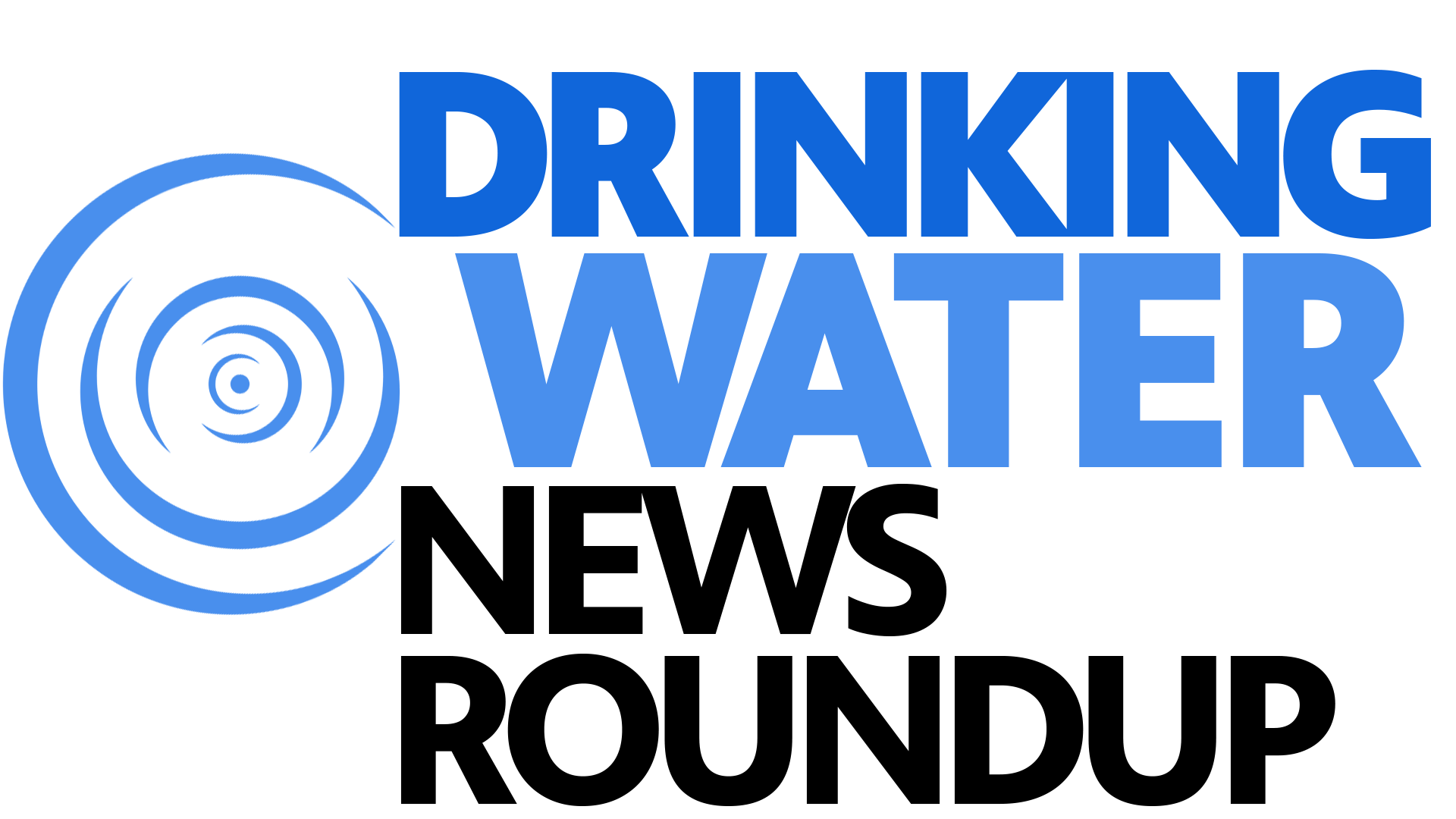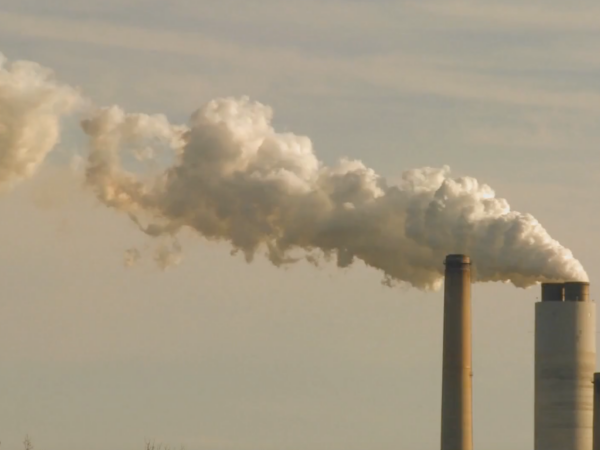
From lead pipes to PFAS, drinking water contamination is a major issue plaguing cities and towns all around the Great Lakes. Cleaning up contaminants and providing safe water to everyone is an ongoing public health struggle.
Keep up with drinking water-related developments in the Great Lakes area.
Click on the headline to read the full story:
Illinois:
For the third year in a row, Illinois American Water, a subsidiary of American Water Company, has received the J.D. Power award for ranking highest in customer satisfaction among large water utilities in the Midwest.
- Illinois’ roads, bridges and water systems remain subpar, but state and federal funding offer optimism – Chicago Tribune
The number of Illinois bridges in poor condition has increased over the last four years and a quarter of the state’s water lines are tainted by lead, according to the latest infrastructure report card from the Illinois Section of the American Society of Civil Engineers.
- You Can Now Drink ‘Chicagwa,’ Canned Chicago Tap Water – NBC Chicago
A new advertising campaign from Mayor Lori Lightfoot and Michael Fassnacht, Chicago’s Chief Marketing Officer, aims “to promote Chicago’s water quality” through “Chicagwa,” canned city tap water.
Minnesota:
- Free well water testing for nitrates and chlorides May 12 in Detroit Lakes – Detroit Lakes Tribune
Free water-screening clinics testing for nitrates and chlorides will be offered from 4 p.m. to 7 p.m. on May 12 at the Manna Food Co-op in Detroit Lakes, and 10 a.m. to 4 p.m. on June 22 at the Shooting Star Casino in Mahnomen.
- Minnesota survey shows communities have made little progress in preparing for climate change – Star Tribune
Minnesota communities have not become any more prepared for climate change over the last three years even as nearly 90% said they have felt the effects, according to a survey released Wednesday by the Minnesota Pollution Control Agency.
A new Dakota County pilot program aims to pay for water treatment systems for some low-income residents who have private wells with contaminated drinking water.
The Minnesota Department of Natural Resources alarmed about a dozen east metro communities when it said this winter that court-ordered protections of White Bear Lake would force drastic reductions at homes and cut off service to almost all nonresidential users within five miles of the lake.
That is simply not true, Judge Margaret Marrinan said in a clarifying order Tuesday.
- Public water systems, MDH keep quality water flowing while addressing major challenges – Red Lake Nation News
A new report released today by the Minnesota Department of Health finds that in most communities served by the state’s 6,677 public water systems, the water systems are successfully doing their jobs. The report shows more than 98% of Minnesotans drinking water from a community public water system received water that met all federal health-based standards throughout the year.
Ohio:
- Ohio farmers work to keep algae-causing nutrients out of water – The Columbus Dispatch
While nearly everyone agrees that a sizable number of farmers have changed their ways, meaningful data on their efforts is months, if not years, away, scientists and environmentalists say.
In the meantime, experimentation helps farmers identify which strategies work best.
Ontario:
- Neskantaga First Nation’s chief says residents don’t support federal drinking water settlement – CBC
Residents of some First Nations affected by unsafe drinking water can now file claims under a settlement with the federal government, but the chief of one northwestern Ontario community says they don’t support the arrangement, calling it too restrictive.
Pennsylvania:
- EPA ramps up clean water inspections in Pennsylvania – Bay Journal
Pennsylvania’s failure to live up to its Chesapeake Bay cleanup obligations means farmers, wastewater plant operators and industries are more likely to get knock on their door from the U.S. Environmental Protection Agency.
Wisconsin:
- Kinnard Farms sues DNR over water quality requirements – Wisconsin Examiner
Kinnard Farms, one of Wisconsin’s largest dairy producers, has filed a lawsuit to challenge requirements that the operation test water quality near fields where manure has been spread. The lawsuit, filed on Earth Day against the Department of Natural Resources, comes weeks after the DNR announced that Kinnard Farms would be required to monitor groundwater.
- DNR project to improve Kewaunee’s public water system seeks public comments – Green Bay Press-Gazette
The project includes the replacement of lead service lines throughout the city. Activities related to this project are considered minor actions according to state code, and an environmental review required by federal government under program guidelines determined the project will not result in significant adverse environmental effects.
However, the public is encouraged to submit comments regarding this decision and its potential environmental impacts.
Over the past few months, Laketown and two nearby towns, Trade Lake and Eureka, have passed laws regulating how CAFOs can operate, requiring them to show how they will dispose of dead animals and avoid polluting groundwater. But these policies have faced stiff pushback from the state’s powerful agricultural lobby, which has called the new regulations illegal.
Catch more news at Great Lakes Now:




